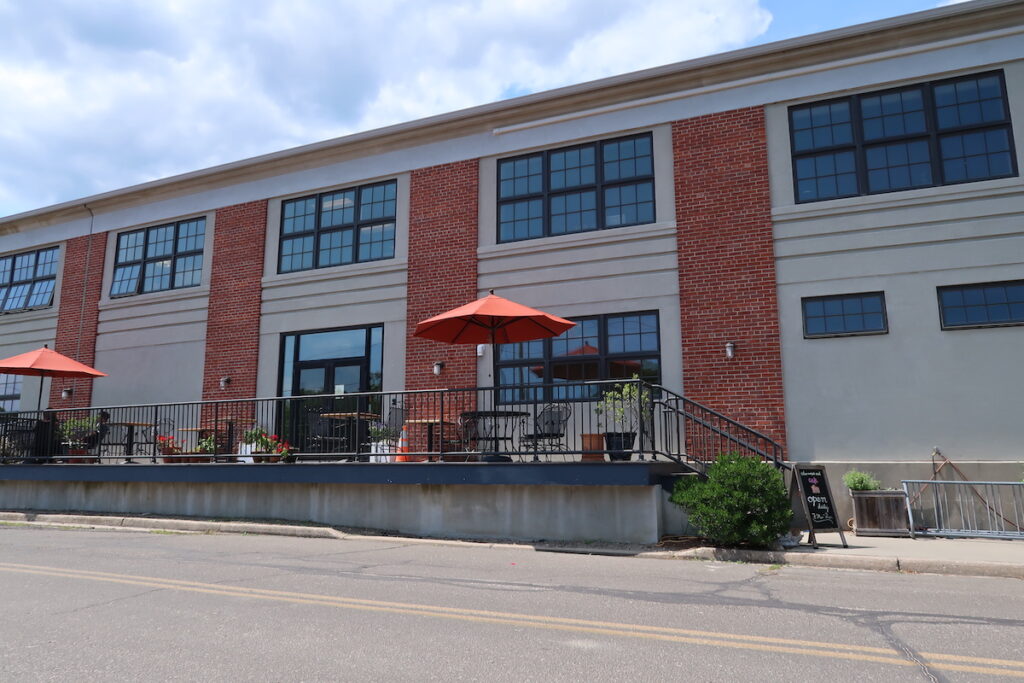Town committee pitches coastal erosion study, management plan

Southold Town’s Conservation Advisory Council is urging the Town Board to conduct a coastline study in the hopes of developing a plan for best practices in dealing with coastal erosion, particularly along the Long Island Sound.
Council chairman Peter Young said that as climate change continues to impact the shoreline, the time is now for the town to fund a study with a focus on replenishing beaches.
“We need a full blown assessment of what is going on out there,” said Mr. Young, who attended Tuesday’s Town board work session with three fellow council members.
Mr. Young said a comprehensive study would provide the town — in particular the Board of Trustees — with a “technical expertise” when making decisions that impact the shoreline.
At the November council meeting, member Jack McGreevy expressed frustration with the way the Trustees make decisions, calling the process “arbitrary and capricious,” according to the minutes of that meeting. Council members then met with Supervisor Scott Russell earlier this month to express their concerns and to present him with a report member Doug Hardy prepared on beach erosion. The report calls for the Southold Town Board and the Town Trustees to develop a management plan for maintaining the “natural ribbon of beaches from Mattituck to Orient Point.”
“The unvegetated bluffs on the north shore of Southold Town facing Long Island Sound should be declared sensitive areas,” the report states.
Mr. Young said the council has not compiled any data on how much a shoreline study would cost, but stressed it would be “expensive.”
“Probably tens of thousands of dollars,” he said.
Councilwoman Louisa Evans said the findings of other recent climate-based studies gives her pause.
“[The studies] come back and they’re saying it’s Mother Nature; we don’t know what’s happening,” she said.
Councilman and deputy supervisor Bill Ruland, who chaired the meeting in Mr. Russell’s absence, said he recently discussed with a member of Congressman Lee Zeldin’s staff the need to lobby the Army Corps of Engineers for a coastal restoration project along the entire North Shore of Long Island.
“We’re hopeful [the Congressman] will be able to establish attention and funding from the Army Corps,” Mr. Ruland said.
No action was taken Tuesday.








